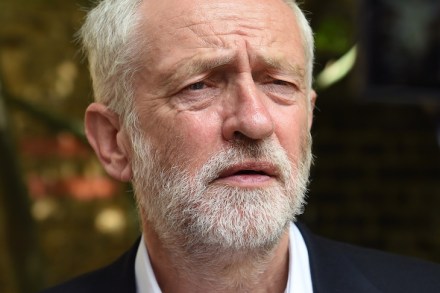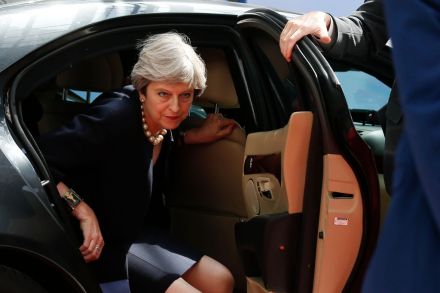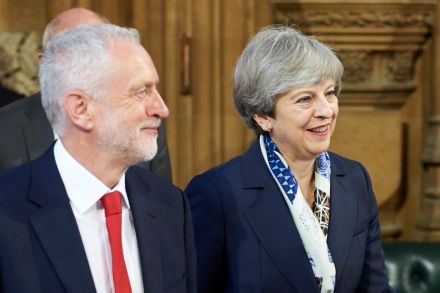Letter from a Corbynista
Dear Uncle James, Thank you for your note (‘Letter to a Corbynista’, June 24). Firstly, of course we’re still friends, so there is no need to worry about that. The world would be a boring place if we all agreed on everything, and probably a backward one too if no one was challenged on their views. I should also explain my background for the benefit of readers not related to me. I come from a Conservative-voting family, I’m privately educated and I work as the financial controller of a multinational group. If there is a stereotypical Labour voter, or even a ‘Corbynista’, I’m not sure I’d fit the mould. In




















